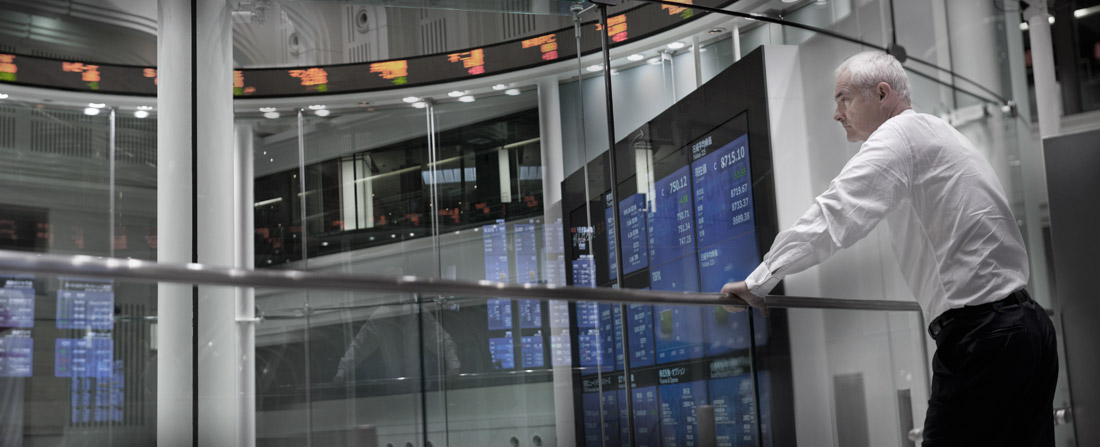Why Di-Worsify Into Commodities?
Di-worsification is what you do when you invest in mediocre assets for a mediocre reason – for example, because a statistical model has told you they reduce risk. Thanks to the boom in commodities over the past decade, they have become a favoured choice for di-worsifying institutions everywhere. The profusion of ETFs, funds, indices, and brokerage coverage has made them unprecedentedly easy to access for individuals too. However the long-term performance of commodities is pathetic, and there is little reason to believe that “this time is different.”
